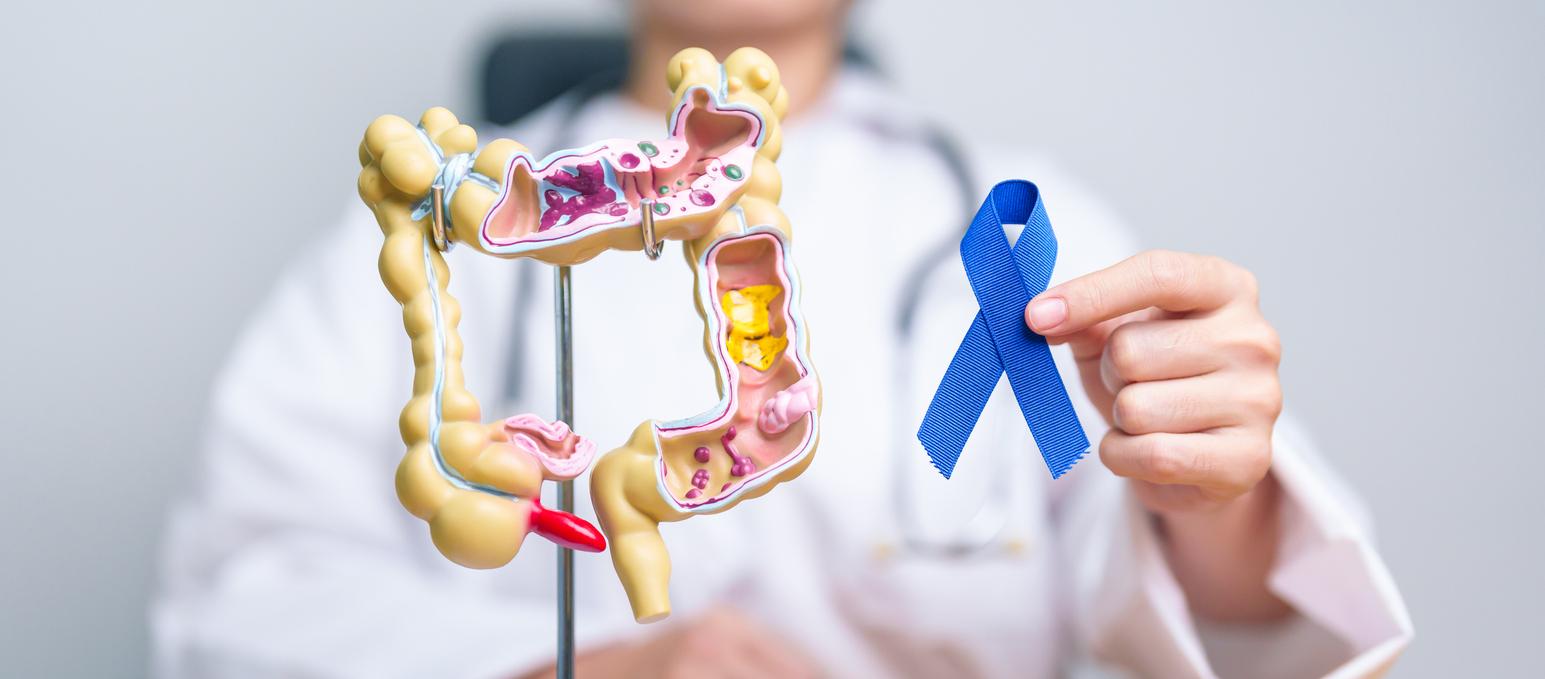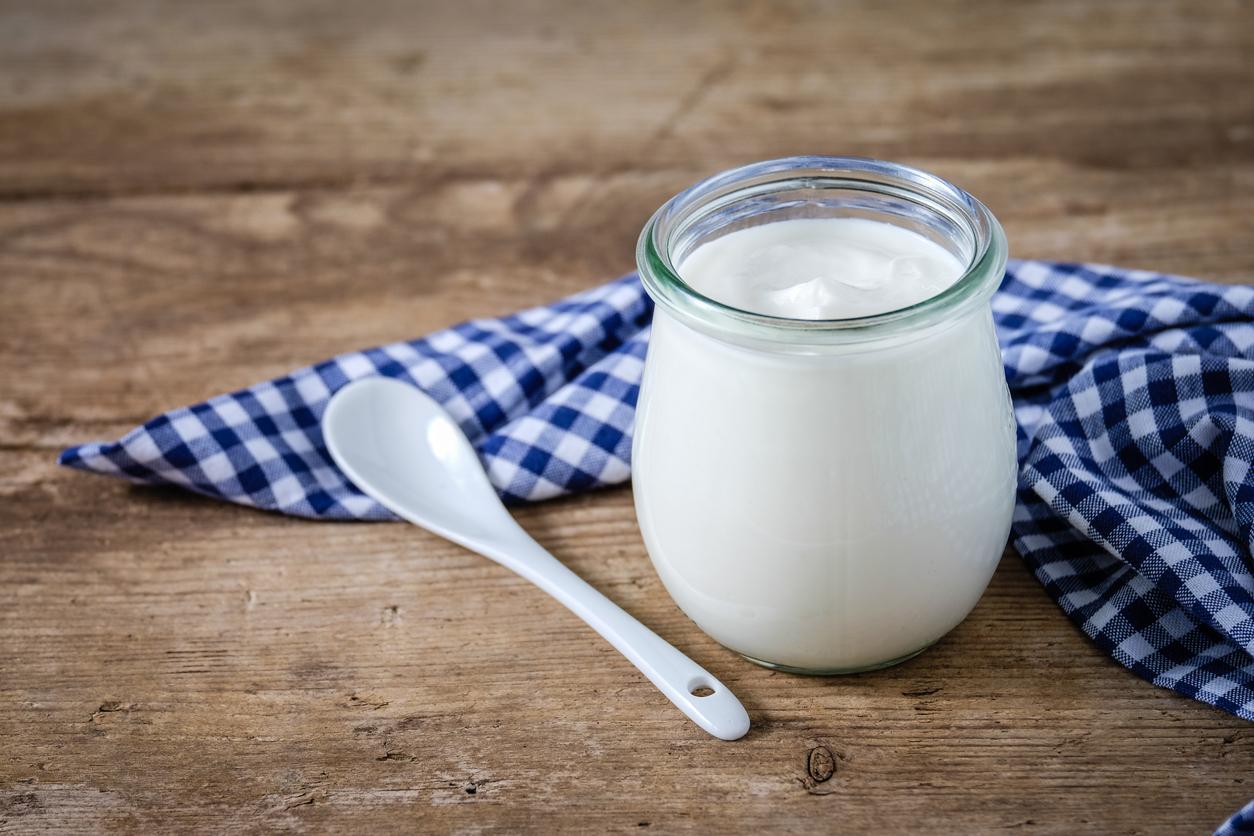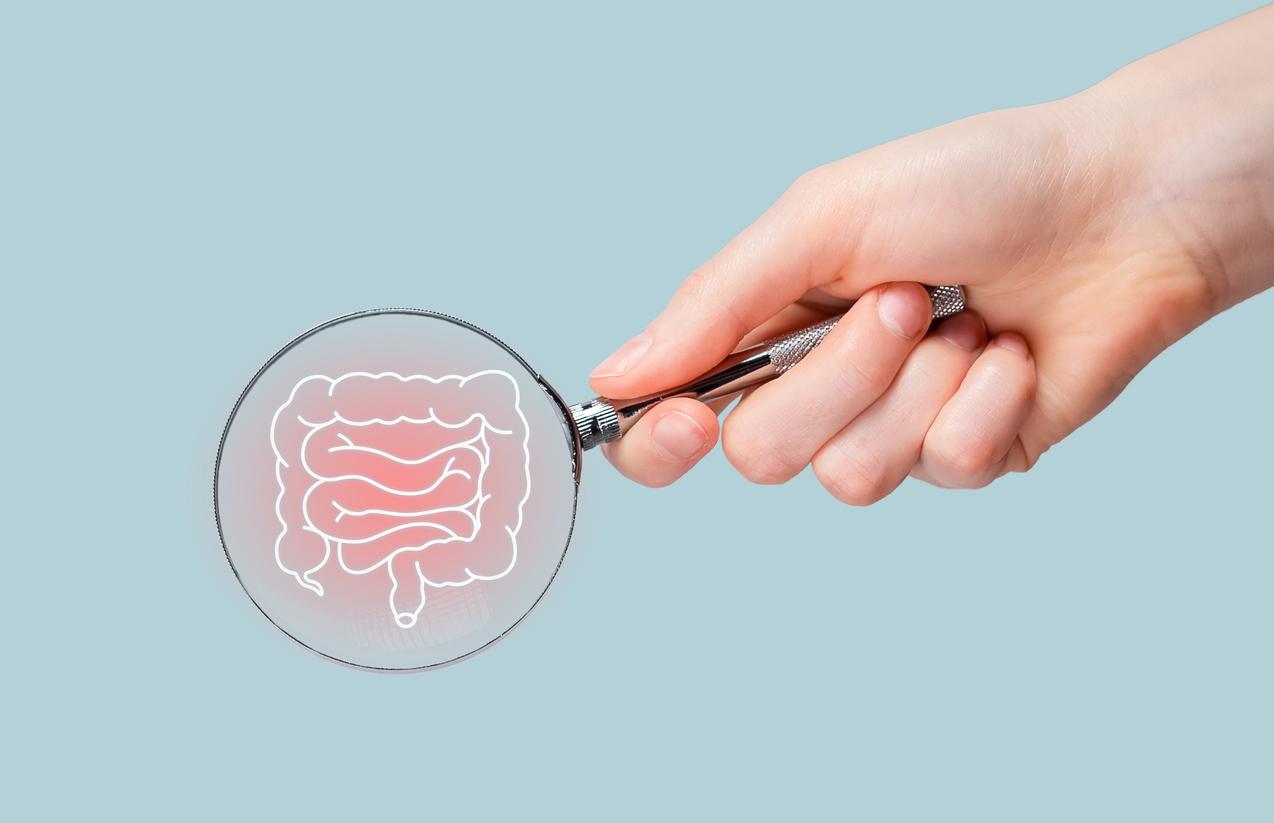Belgian researchers have observed a correlation between the use of alcohol-based mouthwashes and the risk of developing esophageal and/or colorectal cancer.

- The oral microbiota refers to all the bacteria living in the mouth.
- According to Belgian researchers, alcohol-based mouthwashes disrupt the balance of the oral microbiota.
- These alterations would increase the risks of esophageal and colorectal cancers.
Multiple bacteria and microbes naturally live in our bodies. We speak of oral microbiota for the populations that live in our mouths. The latter promote digestion and contribute to keeping the mouth healthy. However, alterations in the composition of the oral microbiome would be linked to periodontal diseases as well as cancers.
Association between use of alcohol-based mouthwashes and certain cancers
In a recent study published in the Journal of Medical Microbiologyresearchers from the Institute of Tropical Medicine in Antwerp (Belgium) observed the effects of alcohol-based mouthwashes on the oral microbiome of 59 patients. This work follows a larger research on the use of this type of product to reduce the transmission of sexually transmitted diseases in men who have sex with other men.
The scientists then observed that two species of bacteria, Fusobacterium nucleatum and Streptococcus anginosus, were present in large quantities in the oral microbiome of the participants after three months of daily use of the same alcohol-based mouthwash (Listerine Cool mint). These two pathogens have already been linked to gum disease and esophageal and colorectal cancers.
Another finding of the study: bacteria, called Actinobacteria, were also less present in the volunteers after daily use of this type of mouthwash. However, these microorganisms play a crucial role in regulating blood pressure.

Mouthwash: medical monitoring in case of long-term use
To prevent changes in the oral microbiota, the authors recommended caution with the use of alcohol-based mouthwashes. “The public can use them daily to combat bad breath or prevent periodontitis, but they need to be aware of the potential implications. Ideally, long-term use should be guided by health professionals.”said Dr. Jolein Laumen, first author of the study and researcher at the Sexually Transmitted Infections Unit of the Institute of Tropical Medicine, in a statement.
Despite the fact that these results show a link between the daily use of alcohol-based mouthwashes and the alteration of the oral microbiome, the researchers nevertheless remain cautious. Indeed, they did not take into account other factors, such as dietary habits or smoking, which can also harm the oral microbiota.

















